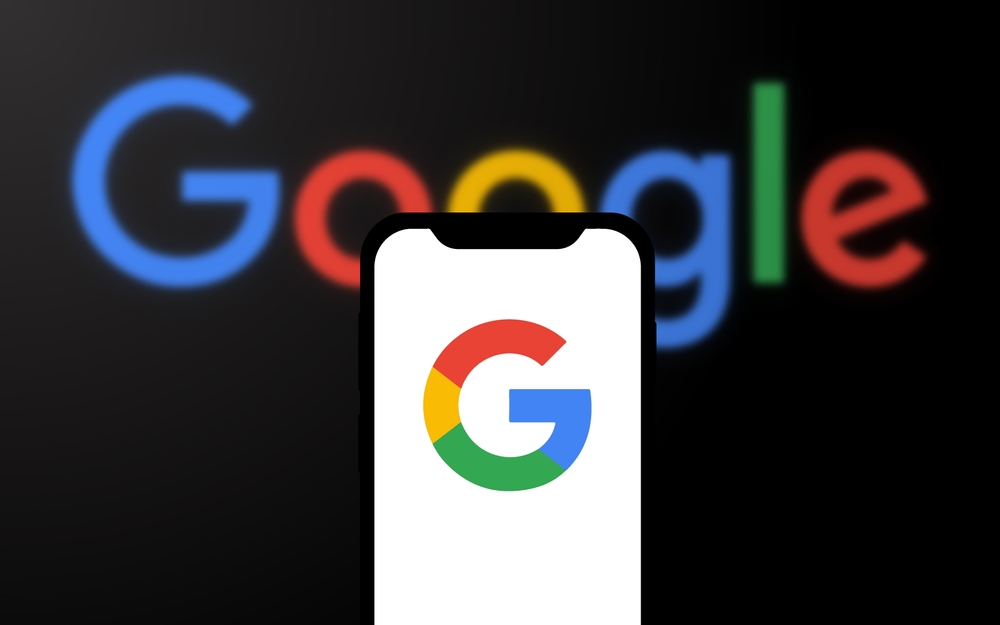A court-ordered split of Google would be unprecedented in the modern history of American corporations, delivering a significant blow to one of the largest tech companies. Even Microsoft, which lost an antitrust case in the U.S. more than two decades ago, managed to avoid such drastic measures, the Financial Times noted. Google is expected to fight vigorously to prevent any forced division of its business.
Recently, the U.S. Department of Justice (DOJ) revealed legal measures designed to eliminate Google’s monopoly in internet search. These proposals include a broad range of possible actions, from monitoring the company’s behavior to the forced sale of significant parts of its business, such as Chrome, Android, or Google Play. These assets—Google’s browser, mobile platform, and app store—are viewed as tools used to consolidate its dominant position in the search engine market.

Google’s Response to DOJ Proposals
Google’s legal team, preparing for this battle, timed their response well. In their initial argument, the company claimed that competition in search advertising is “thriving” and that artificial intelligence competition is “fierce.” Such claims would have been less convincing two years ago, before the rise of competitors like ChatGPT. However, in August, a U.S. federal judge ruled that Google had indeed built a monopoly on internet search, partly by funneling billions of dollars to device makers and browser developers to secure their position.
The court’s decision could have significant consequences. Google plans to appeal both the finding of liability and any remedies imposed, potentially delaying the ruling for several years. The judge is expected to rule on remedies by mid-year. In the meantime, Google will attempt to defend its corporate structure through various appeals, aiming to maintain its business intact.
Market Pressures and Competition
Google is also under pressure from other tech companies. While accused of monopolizing the search, advertising, and mobile markets, Google also faces rising competition from Amazon and TikTok in search advertising, while AI companies like OpenAI are challenging its dominance in search innovation. Furthermore, Google pointed out that according to Emarketer, its share of U.S. search revenue could fall below 50% for the first time since 2008, largely due to Amazon’s rapid growth in marketing. Nonetheless, the DOJ argues that Google still holds a monopoly, controlling more than 90% of internet searches globally, according to StatCounter.
In response, Google would prefer that any remedies shift toward contracts with companies like Apple or Mozilla, which wouldn’t be banned unless exclusive agreements were involved. It also warned that enforcing strict remedies, like splitting off Chrome or Android, could weaken the U.S. on the global stage, potentially benefiting competitors like China’s Baidu or Russia’s Yandex.
Legal Battle Continues
Experts suggest that it could take two or three years before any remedies from this antitrust case are implemented, adds NIXSOLUTIONS. U.S. political conditions will likely influence the case, as they did with Microsoft’s settlement in 2001 under a Republican administration. It remains to be seen how today’s political climate will shape Google’s fate.
Earlier this week, a California judge ruled that Android must allow alternative app stores to compete with Google Play. At the same time, a parallel legal battle continues over Google’s dominance in digital advertising. Despite these challenges, investor confidence remains strong. Shares of Alphabet, Google’s parent company, fell only 1.5% recently, and its market capitalization still exceeds $2 trillion, making it the fourth-largest company globally by market value.
We’ll keep you updated on this ongoing case and its potential impact on Google’s future.
